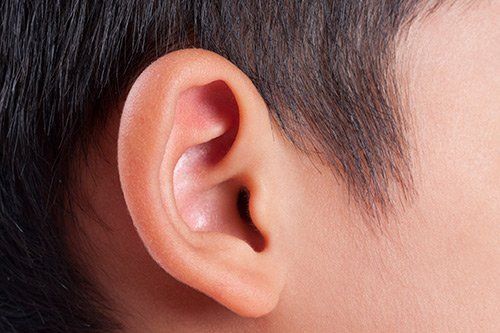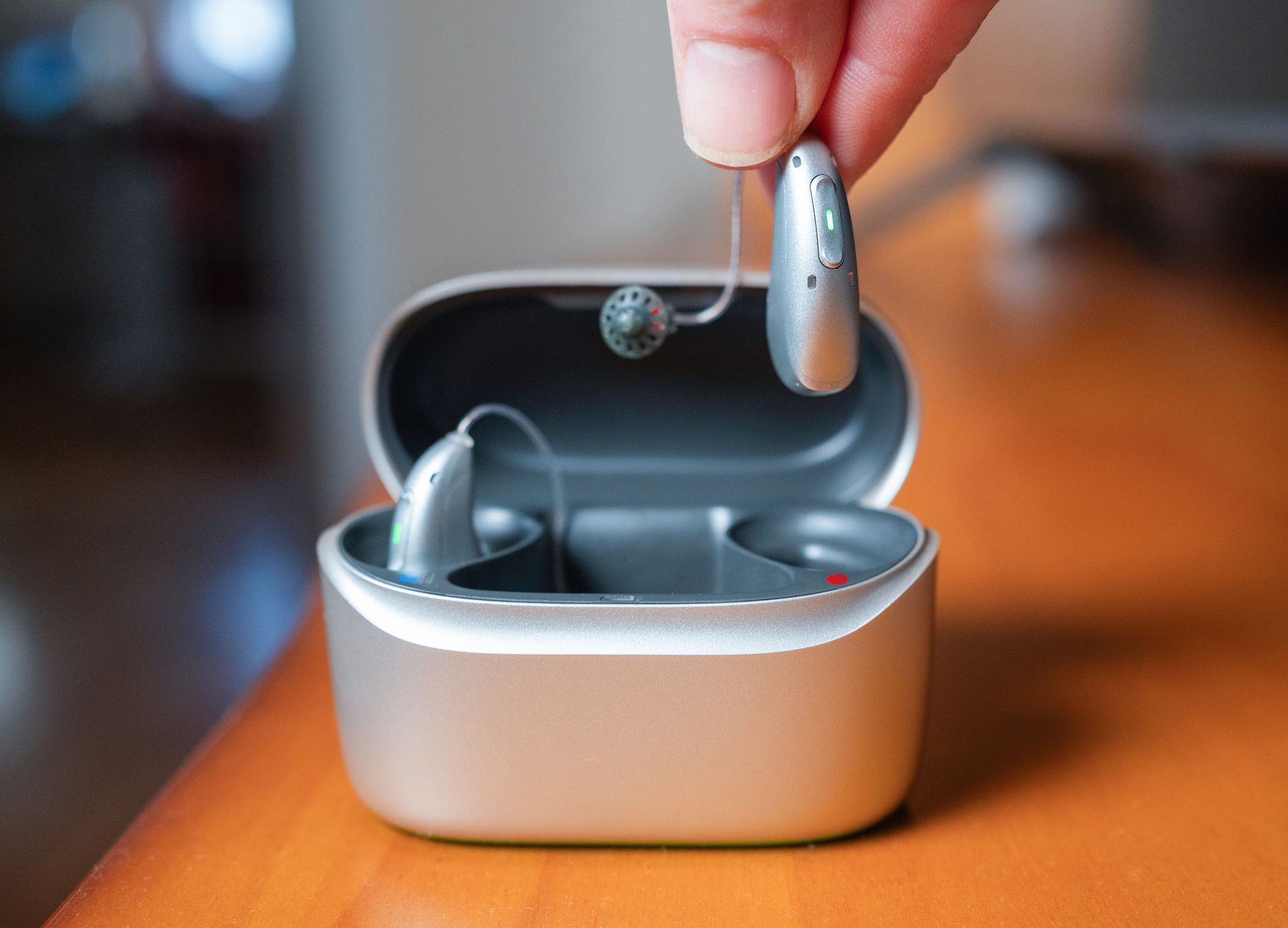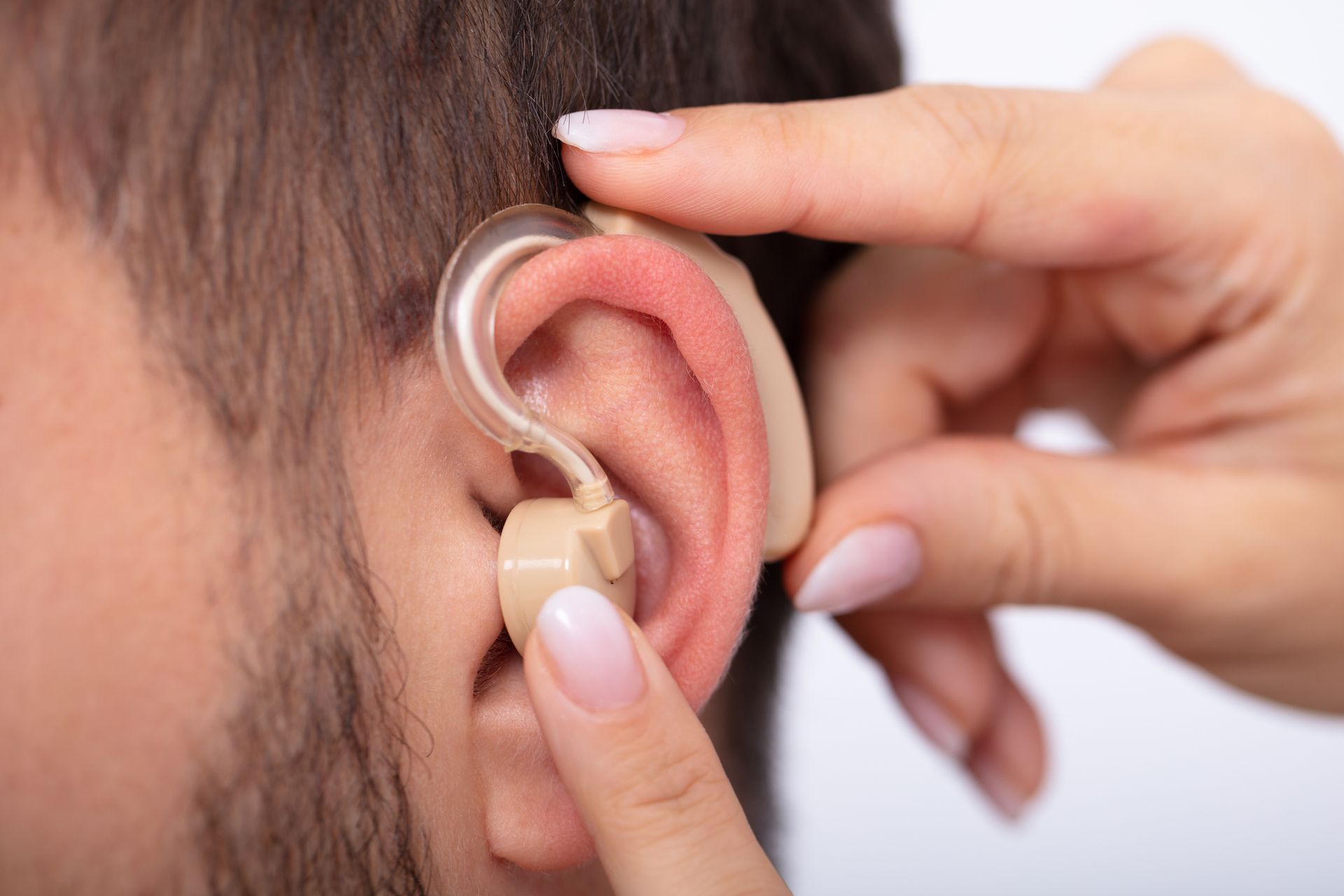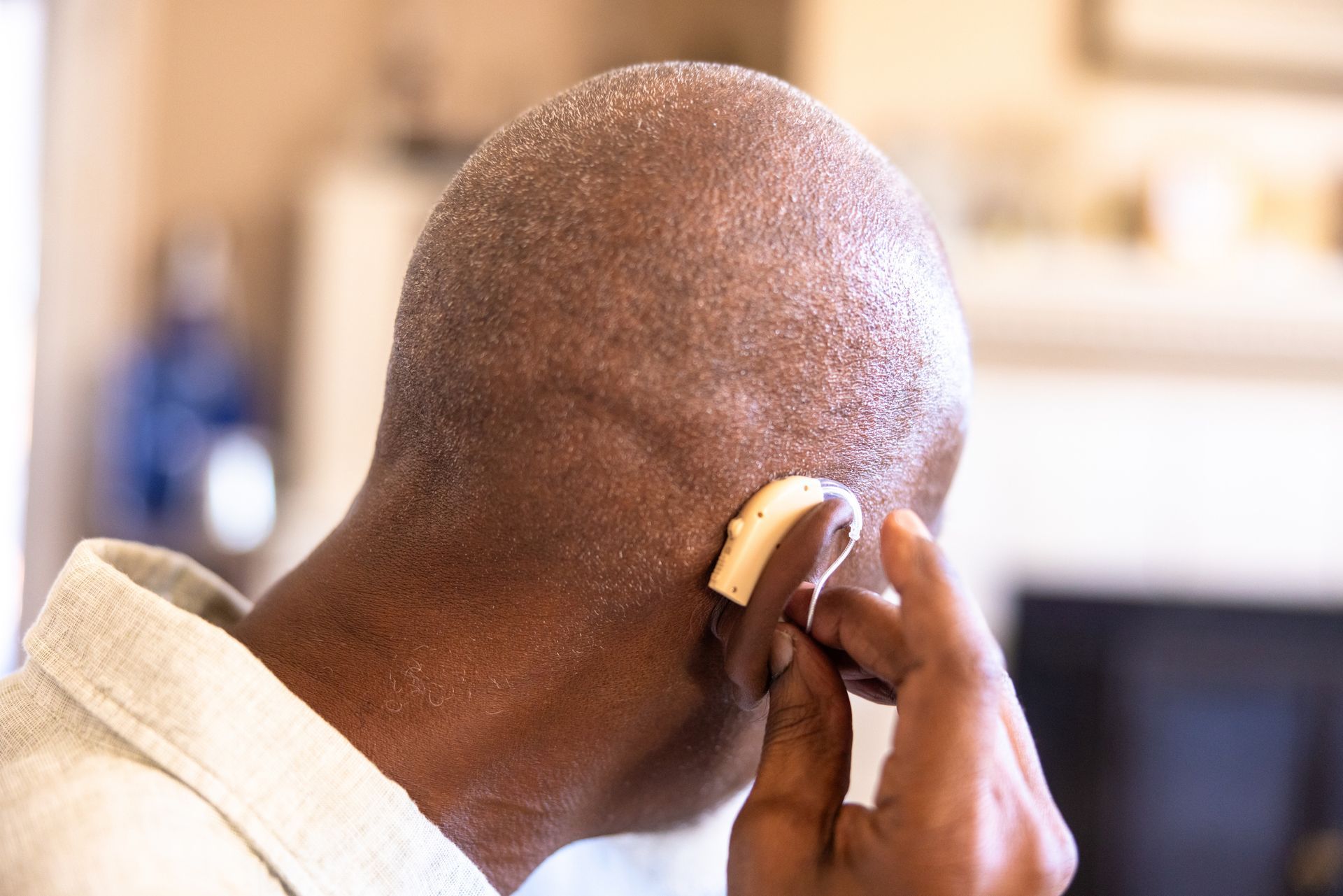Chronic Childhood Ear Infections: Causes, Prevention, and Treatments
Causes
Many times, ear infections happen alongside other minor illnesses. For example, if your child gets a cold, drainage from the ear and sinus area is already struggling. This makes it easier for the ear to become clogged, leading to infection.
Children with allergies are also more prone to infections because the inflammation from an allergic reaction can also cause swelling around the eustachian tube of the ear. Chronic infections are more likely with allergies because allergy symptoms are often ongoing for children, so the ears are always under more pressure.
Genetics can also play a role. Some families seem to have children who all struggle with ear infections, while other children may never have that issue.
Sometimes, ear infections may occur on their own - there is no cause besides the limited drainage from an ear that is not yet matured. Some things can increase the risk, including exposure to water, sticking things in the ear, exposure to secondhand smoke, or being in day care where your child is more likely to be exposed to higher levels of germs.
Prevention
- Limit use of bottles and pacifiers when lying down. These can place more pressure on the ear and restrict ear drainage.
- Run an air purifier in your home. Air purifiers help remove irritants that can cause respiratory issues and increased mucus production. You can also improve air quality by stopping smoking or only smoking out of doors.
- Wash your hands and your child's hands when going to and leaving preschool or day care. This helps to prevent the spread of germs at home.










